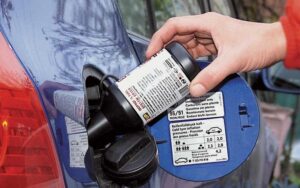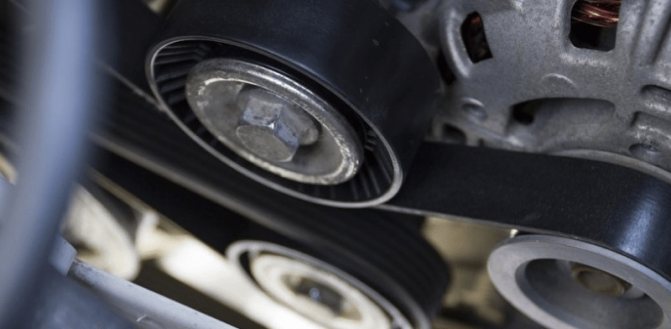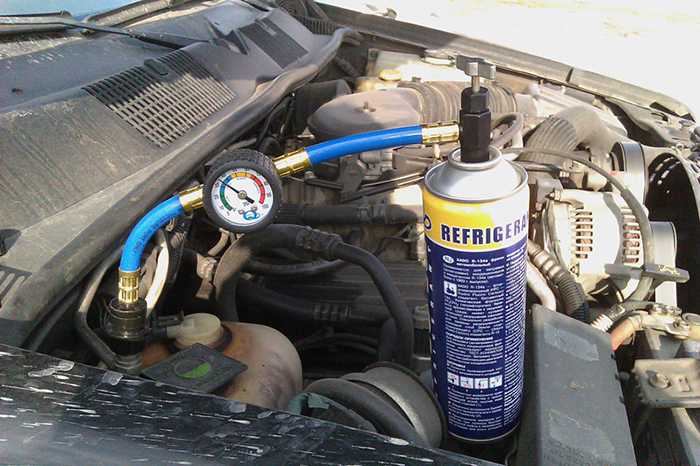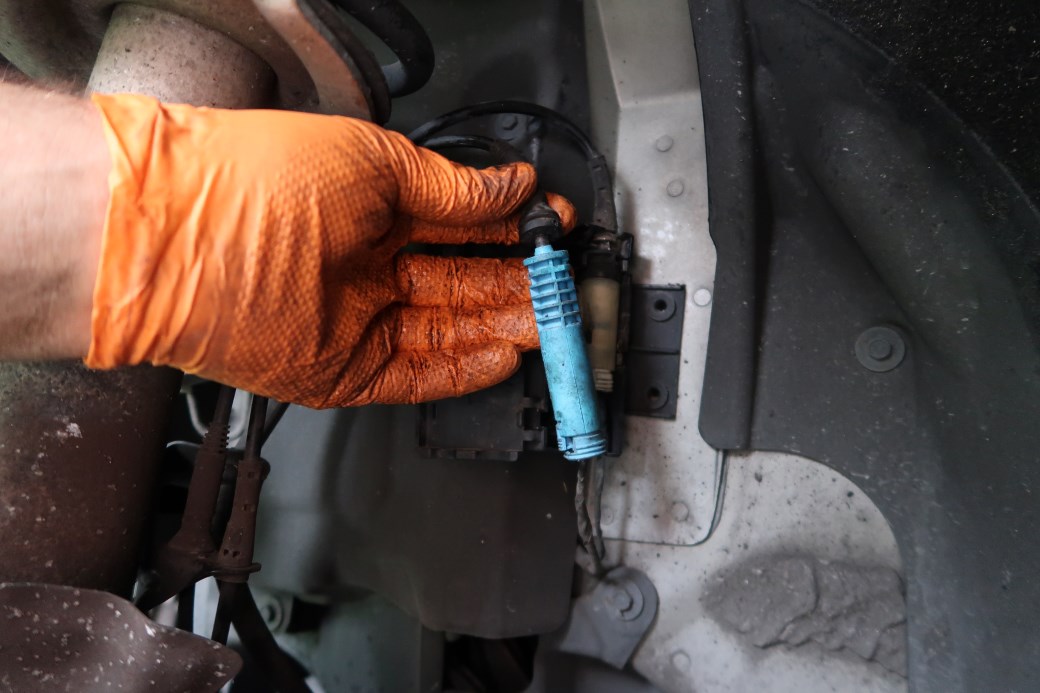 Water in a car’s gas tank is a problem because it can mix with gasoline and create a sludge that will clog up the fuel system.
Water in a car’s gas tank is a problem because it can mix with gasoline and create a sludge that will clog up the fuel system.
This can cause the engine to run poorly and, for the repair, you’ll have to pay large amounts.
In extreme cases, the water could even cause a fire. It is important to keep the gas tank as dry as possible to avoid these problems.
How Does Water Get Into A Car Engine?
Water can get into a car engine in a few different ways.
- One way is when the vehicles are being washed. If the water is not drained from the engine properly, it can enter through the carburetor or the air filter.
- Another way water can get into an engine is when it leaks from the radiator. If the radiator is not properly sealed, water can seep into the engine and cause problems.
- The water also in the air condenses on the inside of a vehicle’s engine. When the temperature outside changes, especially during the summer and winter, the air pressure inside and outside of your car’s engine will also change. The lost water from the carburetor can combine with oil and other fluids to form a thicker substance, which may lead to condensation on your engine’s metal components.
- Finally, water can enter the engine through the exhaust system. If there is a leak in the exhaust, water can enter the engine and cause damage.
Will a Cup of Water in a 10 Gallon Tank Cause Injury to the Engine?
How much water in a gas tank will ruin a car? That all depends on how much water is in the tank. Usually, if there is too much water, it can ruin the car. The water will mix with the gasoline and create a sludge that will clog up the fuel system. This will cause the engine to run poorly or not at all. In extreme cases, the water could even cause a fire. It is important to keep the gas tank as dry as possible to avoid these problems.
But what about a little bit of water? Can a cup of water in a 10-gallon tank hurt the engine? The short answer is yes, it can. A small amount of water can cause the same problems as too much water. It will mix with gasoline and create a sludge that will clog up the fuel system. This will cause the engine to run poorly or not at all. In extreme cases, the water could even cause a fire. It is important to keep the gas tank as dry as possible to avoid these problems.
So, if you have a little bit of water in your gas tank, it’s best to get it out as soon as possible. You don’t want to take any chances with your engine. Keep it clean. Make sure to remove any dirt or debris that may have gotten into the fuel tank. And, of course, keep an eye on the level of water in the tank. A little bit of water is no problem, but too much can be disastrous.
Water in Your Gas Tank: Find Out Symptoms
If you think you might have water in your gas tank, there are a few things you can do. First, check the oil. If the oil looks milky, it probably has water in it. Second, check the radiator. If the radiator is full of water, it could leak into the gas tank. Third, take the car to a mechanic and have them check it out. He will be able to tell you if the water is causing any damage and what needs to be done to fix it.
How to Remove Water from a Gas Tank
Now, when you know how much water in a gas tank can ruin a car, you may be wondering what you can do to avoid it.
To help prevent this from happening, it’s important to regularly check your car’s engine for water and to remove it as soon as possible. There are a few ways to do this:
- Use a siphon: A siphon is a tube that you insert into the tank and use to draw the water out. Siphons are available at most hardware stores.
- Use a pump: A pump can be used to push the water out of the tank. It is important to note that some fuel pumps may not be strong enough to move the water from a deep gas tank.
- Take it to a mechanic: If you have a lot of water in your gas tank, it may be best to take it to a mechanic. A mechanic can use a fuel pump or a siphon to remove the water and fix any damage that may have been caused.
How to Keep Your Gas Tank Dry
So, now you know how much water in a gas tank can ruin a car. But what can you do to prevent this from happening?
- Use a gas cap with a seal: A gas cap with a seal will help to keep water and other contaminants out of the tank. Gas caps with seals are available at most auto parts stores.
- Regularly check it for leaks: By regularly checking the tank for leaks, you can help to ensure that your gas tank stays dry. If you notice any cracks or holes in the tank, you should have them repaired as soon as possible.
- Regularly check the engine for water: To help prevent water from entering your car’s engine, it’s important to regularly check it for leaks and remove any water that is found.
By following these simple tips, you can help to keep your gas tank dry and your car’s engine in good condition!


